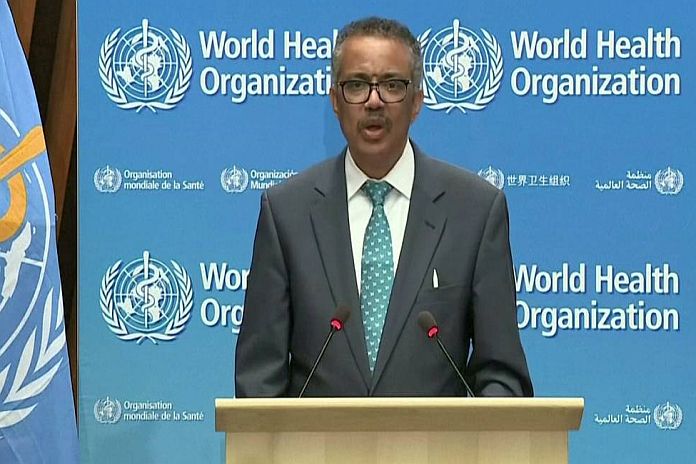By Dr Tedros Adhanom Ghebreyesus
First, I would like to thank you, Your Excellency, Ahmed Robleh Abdilleh, for your leadership as president over the past week.
My thanks also to the chairs of Committee A and B, Dr Hiroki Nakatani and Rajesh Bhushan, and the vice-chairs. I presented Bhushan with his gavel earlier, but I would now like to present Dr Nakatani with his gavel, with deep gratitude from all of us for your leadership, patience and humour.
I thank all Member States for your hard work over the past week. As always, you have dealt with a large agenda. You have adopted landmark decisions and resolutions on sustainable financing;
- On strengthening health emergency preparedness and response;
- On communicable and noncommunicable diseases and mental health;
- On the health workforce;
- Polio eradication and transition;
- Medical devices;
- And a huge range of other issues.
Of course, we had hoped you would be able to find consensus, on adopting the Global health sector strategies on HIV, viral hepatitis and sexually transmitted infections.
These strategies are needed urgently to drive progress against these diseases, which affect all Member States.
Of course, consensus is always preferable, but in my view, we should not be afraid of voting when needed to move ahead on pressing global health challenges. Sometimes we need to break with tradition, and that’s what you did.
When you elected me five years ago, it was the greatest honour of my life. I thought no honour could be greater. But this week you gave me an even greater honour, by electing me for a second term. I am deeply grateful for, and humbled by, the support, trust and confidence of Member States. Thank you.
The trust and confidence you have put in me is also trust and confidence in the incredible people I am privileged to call my colleagues.
I do not have the words to express the depth of my gratitude, admiration and respect for all our staff all over the world, in country offices, regional offices, and headquarters, especially those who work in difficult and dangerous conditions.
I also wish to thank the regional directors, our headquarters leadership team, and I especially want to thank the staff in my office – the people you don’t see, but without whom I could not do my job. And finally, I thank you, our Member States. This is your World Health Organisation (WHO). It’s my honour and my privilege to serve you. I am ready to get on with the work.
I began the week by telling you about my experience as a child growing up in war, and the lasting effects that has had on me.
Today, there are kids just like me growing up all over the world in war, hunger, poverty, and the constant threat of disease. Every year, more than five million children either don’t survive their own birth, or die before their fifth birthday from pneumonia, diarrhoea, malaria and other preventable diseases.
Those children are the reason we’re here. They are the reason we come together to imagine a better world:
- A healthier world;
- A safer world;
- A fairer world.
As we leave this place – as you return to your countries to implement the plans, strategies and roadmaps you have agreed this week – those children must be our motivation as we continue to work for health for peace, and peace for health.
Peace, peace, peace.
Thank you, and I wish you a safe journey home.





